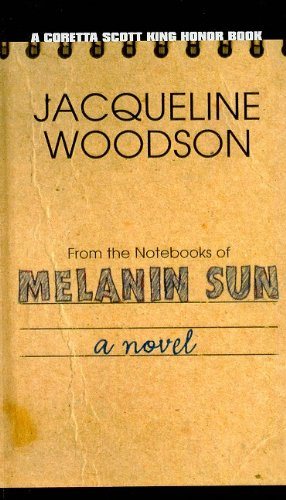

He wrote, "The fact is, I'm gay, always have been, always will be, and I couldn't be any more happy, comfortable with myself, and proud." Cooper put this information out there because he didn't want people to think he was concealing anything from the public. Recently, journalist Anderson Cooper released a statement to the media. I can imagine that Melanin harbored the same feelings as people who are afraid to unveil their sexuality. He recalls how their racist comments made him feel ".stupid (then), dark and ugly. Prior to his mom's news, Melanin walks on the beach and reflects on an earlier time when he encountered prejudice from a group of white boys on the same beach. Melanin is humiliated by Mama's revelation and fearful of the neighborhood repercussions that are to come from it. But please don't be a dyke" (Woodson, pgs.

Melanin is accusatory and even throws slurs at his mother, "You're a dyke!.Nobody wants you.That's why my father disappeared and even the ugly guys didn't come back. His reaction is painfully candid and I appreciated that the author, Jacqueline Woodson, didn't pull any punches with his response. Melanin is shocked and upset when his mother reveals that she is in love with a white woman. That kind made me want to puke every time I thought about it-which wasn't a lot" (Woodson, pg. That kind actually wanted to be with other guys the way I get to feeling when Angie comes around.

"The other kind of 'faggy' was the really messed-up kind.

From the opening chapters, it's apparent that Melanin is not open to homosexuality. From the Notebooks of Melanin Sun presents a brutally honest story of an African-American male teenager coming to terms with his mother's homosexuality. In chapter 3 of Young Adult Literature in the Classroom: Reading It, Teaching It, Loving It, the claim is made that ".literature also helps free us from the stereotypes that we have about those whose backgrounds are different from our own" (Samuels, pg.


 0 kommentar(er)
0 kommentar(er)
